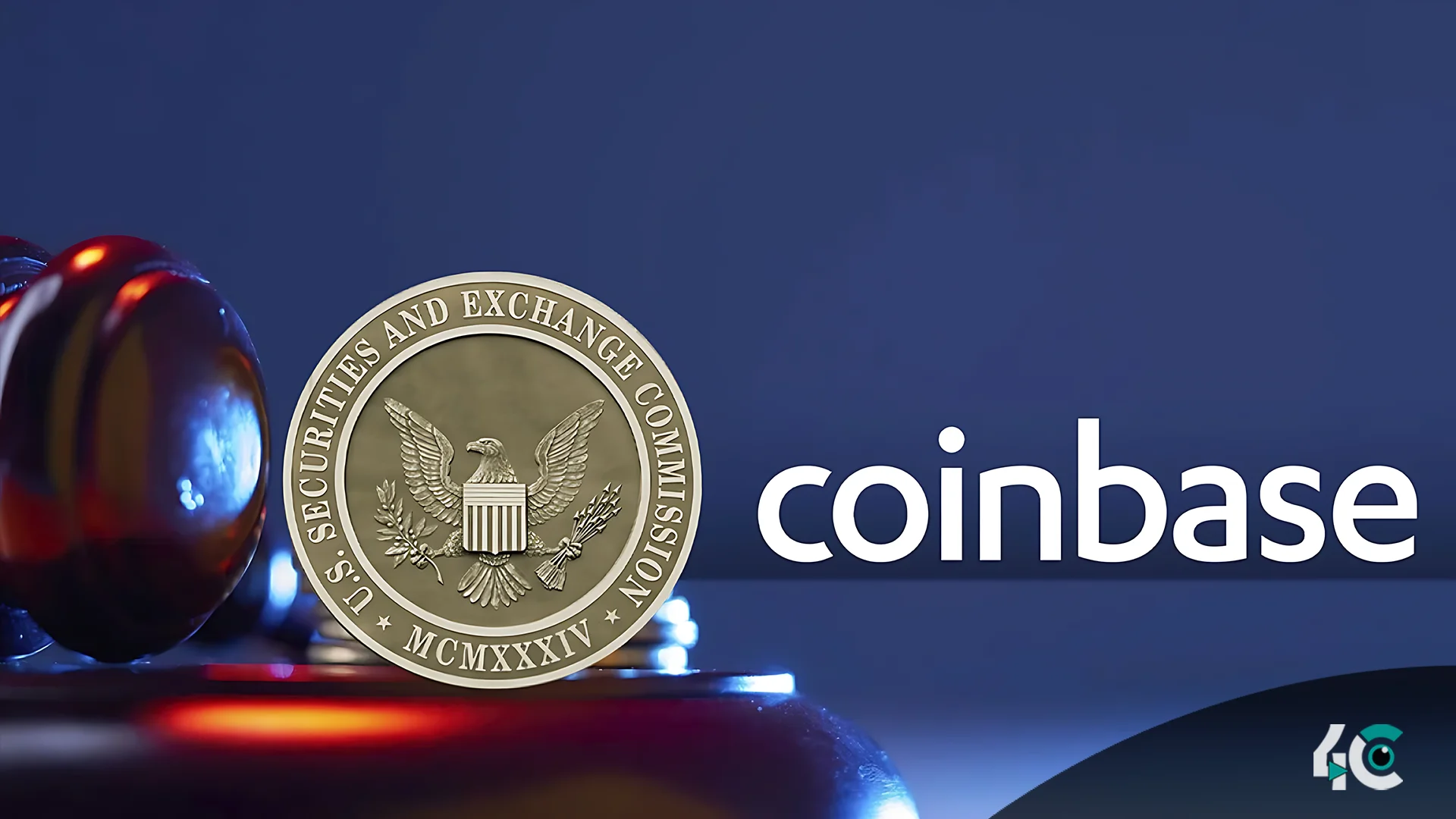The U.S. Court of Appeals for the Third Circuit has partially sided in favor of Coinbase in their conflict with the Securities and Exchange Commission (SEC), marking a significant turn in the bitThe court demanded a comprehensive explanation for the SEC’s denial of Coinbase’s 2022 petition for regulatory standards, deeming it “arbitrary and capricious.”d capricious.”.
Judge Stephanos Bibas also questioned the SEC’s approach, alleging that its focus on enforcement instead of rulemaking runs the danger of punishing a whole sector. According to him, this approach might really stifle creativity and transcend mere fraud prevention.
However, the court declined to order the SEC to create new regulations specifically for cryptocurrencies. Despite their argument that regulatory rules do not apply to cryptocurrencies, the judges emphasized that they only apply in cases that require significant delays and pose significant hazards. Rather, the court mandated the SEC to review its decision and respond more comprehensively to Coinbase’s appeal.
This ruling intensifies the scrutiny of how the SEC manages bitcoin regulations. The government has received extensive criticism for its “regulation by enforcement” stance, which has resulted in legal disputes with big cryptocurrency startups such as Ripple Labs, Binance, and Coinbase itself. This lack of transparency has caused confusion for businesses navigating the US regulatory framework.
Coinbase’s Chief Legal Officer, Paul Grewal, welcomed the decision, emphasizing the need for clear and consistent policies from the SEC. Coinbase has consistently maintained that it should not classify many of the tokens traded on its platform, including SOL, ADA, and MATIC, as securities. This classification remains a sensitive topic in continuing debates with the SEC.
As regulatory pressure mounts, other cases in the crypto space continue to underscore the challenges. For instance, Gemini Trust Company LLC recently faced a $5 million penalty for providing misleading information to the Commodity Futures Trading Commission during a product certification process.
Meanwhile, potential changes in SEC leadership could signal a shift in the agency’s stance on cryptocurrency. With Chair Gary Gensler and Commissioner Jaime Lizárraga set to step down soon, the appointment of new leadership could pave the way for a more crypto-friendly regulatory approach.
This court ruling marks a pivotal moment in the broader conversation about how the U.S. regulates digital assets, with the crypto industry eagerly awaiting the SEC’s next move.



































